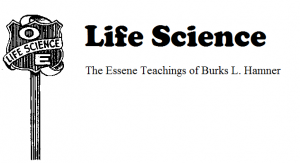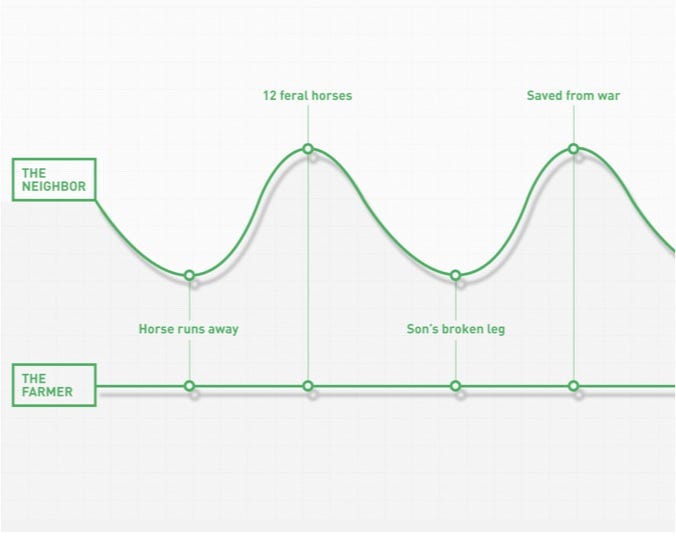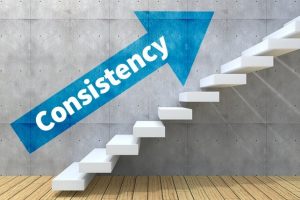For a number of months, I’ve been studying a 24 “book” mail-order course from a now-defunct New Thought organization called the Order of Essenes.
Also referred to as “Life Science.” I dig the science of living. 🙂
New Thought is a bit tough to define, but if we must…New Thought as defined by Encyclopedia Brittanica:
New Thought, a mind-healing movement that originated in the United States in the 19th century, based on religious and metaphysical (concerning the nature of ultimate reality) presuppositions. The diversity of views and styles of life represented in various New Thought groups are difficult to describe because of their variety, and the same reason makes it virtually impossible to determine either membership or adherents.
I don’t necessarily prescribe to the board idea of New Thought, but I am a fan of systems…
- The Tao of Tetris: Life is a Game. Choose Your Strategy Wisely.
- Wu Wei: The Foundation to Systems Thinking and the Game of Life
Before the internet, people actually took courses through the mail. Not email, actual mail. Crazy, right?!
The Oder of Essenes mail correspondence course was recently put online by John Greer (also mentioned recently in the Box Breathing post.)
I’ll let Mr. Greer share his background with the Order of Essenes: A Few Notes on American Magic.
For purposes of this discussion, a few points…
- I’m going to share my notes from the 24 Books here.
- These notes allow me to digest what I read and easily review going forward.
- These thoughts align well with the systems thinking I mentioned above.
- To move into Book 25 and beyond, the Order requires written commentary on the passages – I’m hoping these posts qualify to see what’s next.
The “books” are short, but they are full of insights on life – love, work, relationships, self-improvement, spirituality, etc.
The books are intended to be reviewed 1 per week – read, think, practice, rinse and repeat.
Each book also offers a direction or instruction for the week.
Check out the list of great thoughts in Book 1, including some basics on water…
Order of Essenes: Book One
- The greatest sin is fear.
- The best day is today.
- The best town is where you succeed.
- The most agreeable person is one who would not have you any different from what you are.
- The great bore is one who will not come to the point. A still greater bore is one who keeps on talking after he has made his point.
- The greatest deceiver is one who deceives himself, The greatest secret of production is saving waste.
- The best work is what you like.
- The most ridiculous asset is pride.
- The worst bankrupt is the soul that has lost its enthusiasm.
- The cleverest man is one who has always done what he thinks is right.
- The most dangerous person is the liar.
- The most disagreeable person is the complainer.
- The best teacher is the one who makes you want to learn..
- The best play is work.
- The greatest comfort is the knowledge that you have done your work well.
- The greatest mistake is giving up.
- The most expensive indulgence is hate.
- The cheapest, stupidest and easiest thing to do is find fault, The greatest trouble maker is one who talks too much.
- The greatest stumbling block is egotism.
- The meanest feeling of which any human being is capable is feeling bad at another’s success.
- The greatest need is common sense.
- The greatest puzzle is life.
- The greatest mystery is death.
- The greatest thing, bar none, in all the world, is love.
- Careful planning, backed by enthusiastic effort, is as essential in human engineering, as it is in structural engineering.
- Millions now living are dead but don’t know it. Dead to the possibilities of their future. Dead to the opportunities of lite. Dead to a vision of their own potentialities.
- Experience is cumulative and the next best step begins where the last one ended. We can’t go back and do the thing over; neither can we reach a destination ahead without setting our gaze in that direction. The shortest route is a continuous straight line.
- It is not selfishness to think about yourself, only by self-enlightenment can you be prepared for a full measure of service, giving of yourself, and thus attain your cherished aims.
Instructions – Water  :
:
- 85% water
- Vehicle of life
- 2 quarts per day
- Drink when you get up/before bed
- Drink balance of 2 quarts through the day
- Don’t wash food down
- Best time is 20 mins b/f eating



